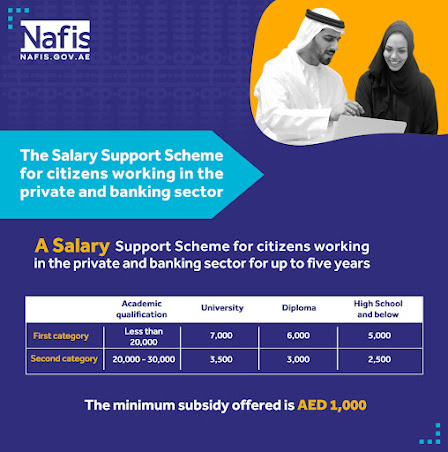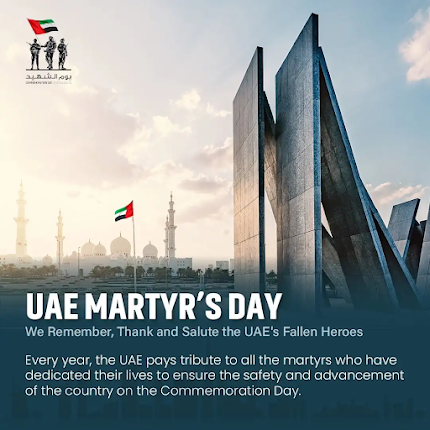MOCCAE in cooperation with the Arctic Circle, organized an open dialogue on the “Third Pole Process”
On the “Third Pole Process” in the margins of the 27th United Nations Climate Change Conference (COP27) to November 18 in Sharm El Sheikh, Egypt. The open dialogue included Mariam bint Mohammed Almheiri, Minister for Climate Change and Environment; Ólafur Ragnar Grímsson, former President of Iceland and Chairman of the Arctic Circle; and Guðlaugur other participants included representatives from the countries of the Arctic and the Third Pole — the Himalayan region, as well as various institutions and organizations from other countries. In June 2022, MOCCAE and the Arctic Circle launched the Third Pole Process as a comprehensive effort to implement the collaborative Arctic model in the Third Pole-Himalayan region to mitigate climate-aggravated threats of melting glaciers and water insecurity. change. The Third Pole Region is a term denoting the geographic proximity of the Himalayas, which includes India, China, Pakistan, Afghanistan, Nepal, Bhutan, Bangladesh, Myanmar and several central countries
Asia. “The UAE is at the forefront of nations confronting the climate crisis. To support efforts to mitigate the risks associated with melting glaciers, we have implemented the Third Pole process, which creates significant synergies and encourages the sharing of experiences for held during the most important annual meeting for climate protection, the session highlighted the impacts of climate change in the region of the Third Pole and introduced the upcoming Arctic Forum
Circle AbuDhabi to a global audience,” said Almheiri.
He noted that melting glaciers can significantly disrupt the hydrological cycle, triggering further biodiversity loss and hampering economic growth. The Third Pole Process brings together governments, scientists and experts to strengthen regional knowledge about the challenges of dwindling water resources. . Represents an active engagement with governments and institutions to improve scientific research and partnerships to inform policy making, guided by the collaborative experience in the Arctic, facilitates the effective communication of scientific information to policy makers focused on combating of climate change.




Comments
Post a Comment